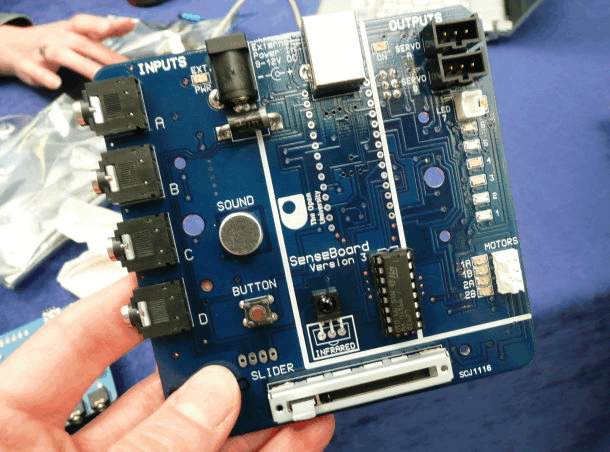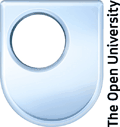| A degree with real world relevance |
| Written by Sue Gee | |||
| Friday, 17 June 2011 | |||
|
The Open University has unveiled a new module that takes a practical approach to learning computer science. It is part of its revamped Computer and IT degree course designed to encourage more students to study IT and to meet the worldwide IT skills gap. Gaining a university degree is just one possible starting point for a career as a software developer - and according to our poll on the topic it's by no means the most popular. Just over a third of our respondents selected the university option while almost a half chose "Just do it!" which perhaps reflected two things - they wanted a practical, hands-on approach and they didn't want to delay the start of their employment.
The Open University has just launched two new undergraduate Computing and IT degrees which let you study and get on with your working life at the same time. BSc (Honours) Computing and IT lets you specialise in software development or in ICT (networking) while in the joint honours degree variant you can choose a second subject from Business, Design, Mathematics, Statistics or Psychology. While the OU is based in the UK it offering its courses in many parts of the world, gives prospective students in other countries the option of studying (in English only) while at the same time being employed or busy with other activities. While you are required to put in the hours required to study, and to submit assignments with strict deadlines, you are free to schedule this around other commitments. In the case of the new foundation module for both degrees, called My Digital Life and referred to by its code TU100, the there is no requirement to attend anything in person - you will have contact with a tutor and with other students and there will be tutorials and collaborative activities but these take place online. According to its promo video on You Tube, My Digital Life (TU100) takes you on a journey from the origins of information technology via the familiar computers of today, and on to tomorrow’s "ubiquitous" technologies.
The video introduces the SenseBoard, a device that will be issued to every student, to be programmed using a drag and drop programming language Sense. This language is derived from Scratch but with extensions designed to let it interact with the environment via this custom-built board.
The OU's SenseBoard for practical programming Completion of TU100 not only gets you 60 points towards the 360 needed for the BSc (Hons) degree but also gains a Certificate in Computing and IT which hopefully will become a widely recognised qualification among employers. As students progress through their degree there is the opportunity to include vocational and work-based learning. This will allowing students to gain credits towards their degree for previous or current industry work experience and for vendor certification.The vendor accreditation modules for Cisco Networking (CCNA) and Microsoft server technologies are the first to be available, a VMware module will be added next year and there are plans to include Microsoft developer certifications as well. The OU hopes this emphasis will encourage more employers to pay for staff to study for the computing and ICT degree.
The first presentation of My Digital Life starts on October 1, 2011 and registration closes on September 8. For more information including the fees payable see: http://www3.open.ac.uk/study/undergraduate/course/tu100.htm For details of the complete degrees:BSc (Honours) Computing and IT (B62) BSc (Honours) Computing & IT and a second subject (B67)
If you would like to be informed about new articles on I Programmer you can either follow us on Twitter or Facebook or you can subscribe to our weekly newsletter.
|
|||
| Last Updated ( Friday, 17 June 2011 ) |



